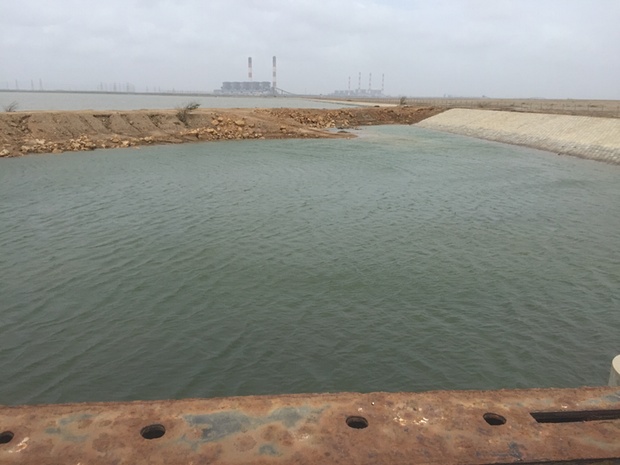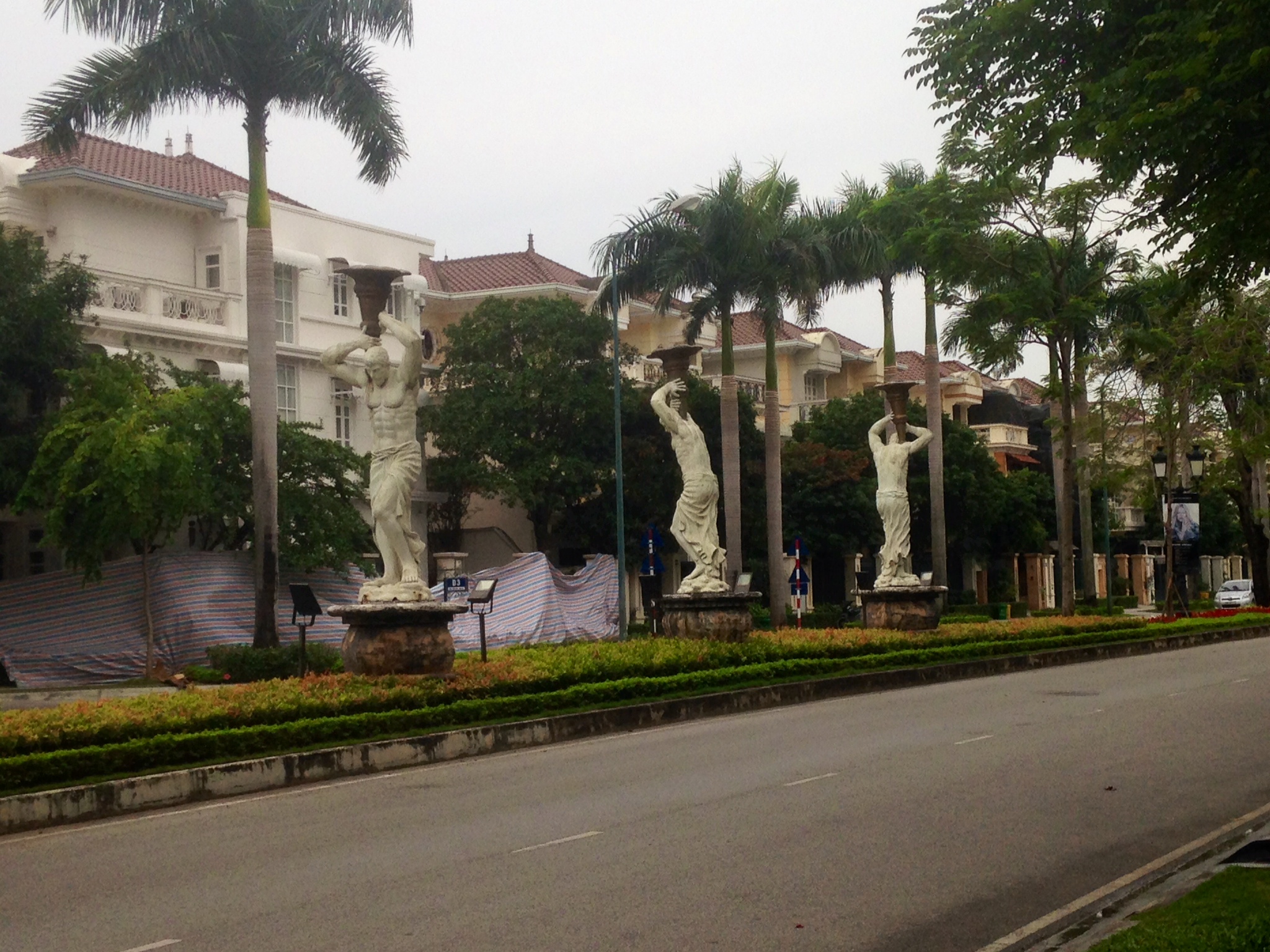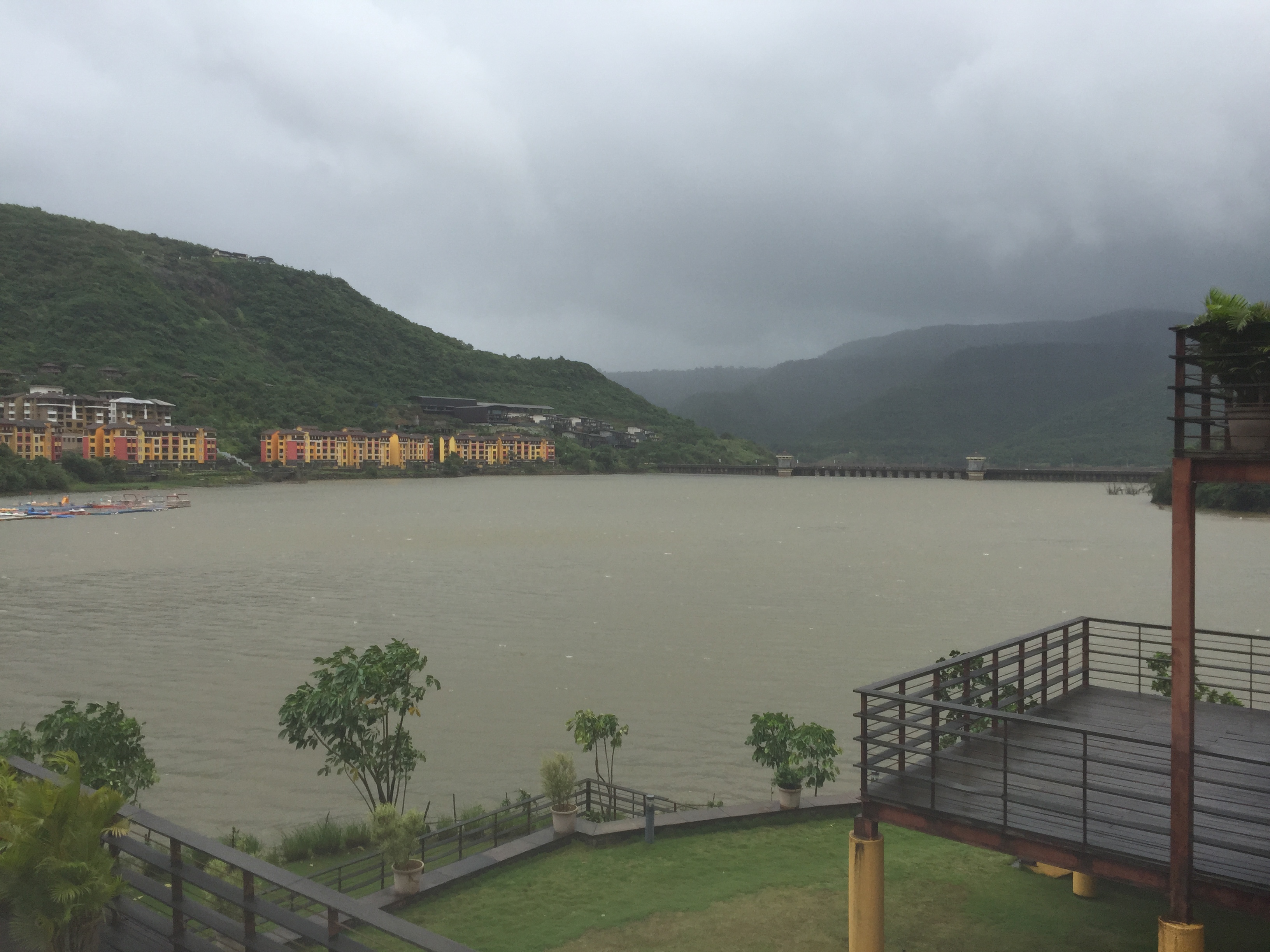
Control over territory has always been considered a key aspect of the state. Max Weber said it was a fundamental "characteristic of the state itself." What happens to the state—and to democracy—when historic levels of territory are privatized and given over to corporate power?
In 2012, the Honduran government attempted a radical economic development program it called "Model Cities." It proposed the creation of new corporate-governed cities on Honduran land that would have their own laws, tax system, judiciary and police. It was to be a corporate sovereign within a state, complete with a discrete citizenship. It caused too much controversy in the end, and the pushback eventually led to it being rejected as unconstitutional by the Honduran Supreme Court, although it is now back on the agenda.
Journalists Claire Provost and Matt Kennard show that Model Cities was not really a radical proposal in 2012 and is not one today. In fact, the idea of "model" or "charter" cities is becoming the norm across the world as the race to attract investment leads to a balkanization of physical space in the interests of corporate power. From Lavasa, the corporate designed and built city in northeastern in India, to the Special Economic Zones in Indonesia which provide a "corporate utopia" for any company willing to come and work there, Provost and Kennard investigate how our traditional concept of the nation state and its territorial sovereignty is being sliced and diced in the interests of corporate power.
Increasingly, spurred on by supranational institutions like the World Bank and IMF, developing countries believe that a development model that will work has to be corporate-led. The competition has become so fierce that sovereign land itself is now up for grabs, and where physical space is not being given over to corporations, effective tax and legal regimes that incentivize investment have been generalized from the "export processing zone" (EPZ) operating in a specific area to a national, country-wide level. Whole countries could now be called EPZs.
In this project, Provost and Kennard look into this trend, the effect it has on local communities, workers, and states, and whether it might mean the end of democracy as we understand it.





